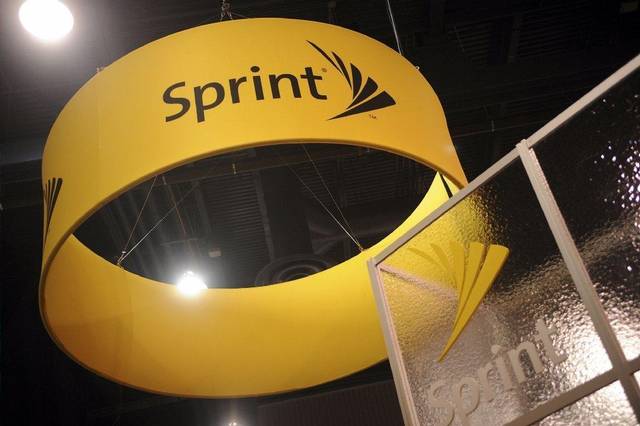
Wireless operator Sprint today said it reached peak speeds of 295 Mbps in three-channel carrier aggregation lab tests using the HTC 10 smartphone.
HTC 10 smartphone from the Taiwan device maker is one of the first devices in the wireless market to support the functionality. Sprint, a company owned by SoftBank of Japan, is testing three-channel carrier aggregation in its labs to evaluate performance, speed, and reliability as it prepares for LTE Plus network deployment.
Sprint offers 22 devices that support two-channel carrier aggregation on its LTE Plus network. In its labs in March, Sprint demonstrated speeds of more than 300 Mbps using three-channel carrier aggregation on a Samsung Galaxy S7.
Sprint said three-channel carrier aggregation is capable on smartphones such as HTC 10, HTC 9, LG G5, Samsung Galaxy S7, and Samsung Galaxy S7 Edge. Sprint in a statement issued on Monday said software will be updated on these devices in order to share benefit from three-channel carrier aggregation following network deployment in the US wireless market.
Sprint LTE coverage reaches approximately 300 million people – more than 90 percent of the U.S. population. Sprint is behind both AT&T and Verizon.
“LTE Plus uses some of the most advanced technologies in wireless such as carrier aggregation and it’s a key part of our Densification and Optimization strategy,” said Gunther Ottendorfer, Sprint COO, Technology.
Two-channel carrier aggregation used by Sprint today delivers peak speeds of more than 100 Mbps in 237 LTE Plus markets across the country using 40MHz of spectrum on the company’s 2.5GHz cell sites. With three-channel carrier aggregation Sprint will utilize 60MHz of spectrum to provide peak speeds of more than 200 Mbps on compatible devices.
John Saw, CTO of Sprint, said: “With holdings of more than 160MHz of 2.5GHz spectrum in the top 100 U.S. markets, we have more capacity than any other carrier in the U.S. Our customers and those switching to Sprint can be confident in our ability to meet their demand for data now and well into the future.”





